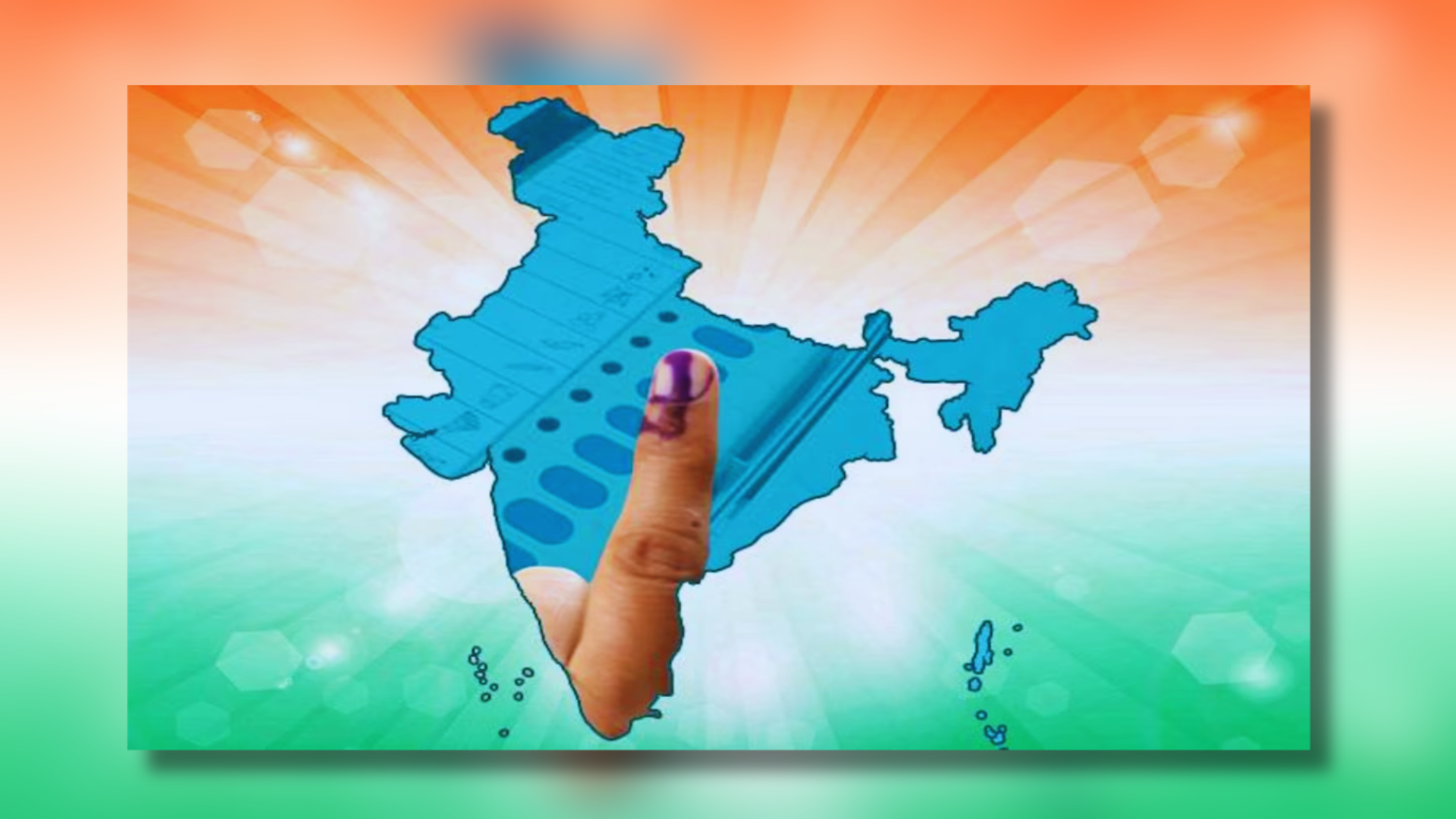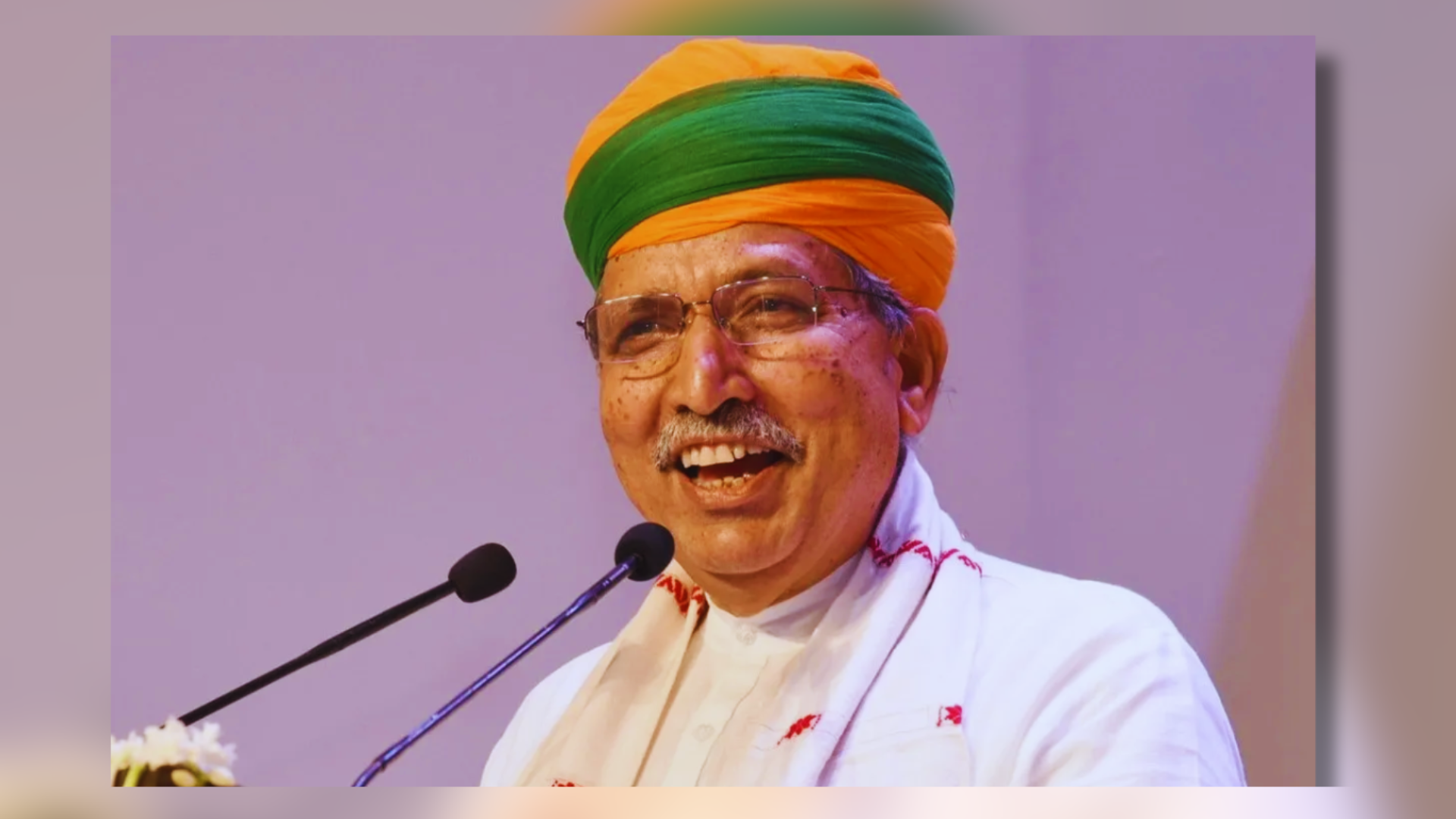



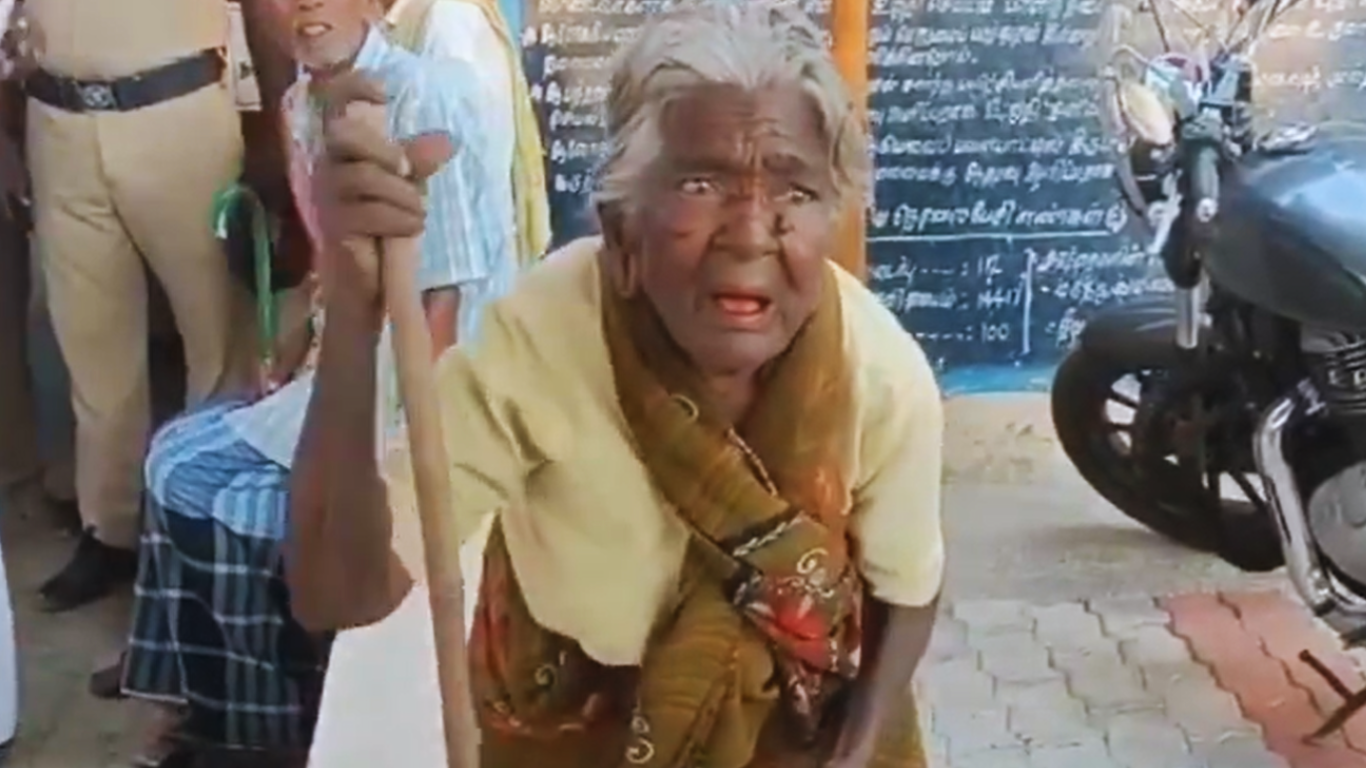
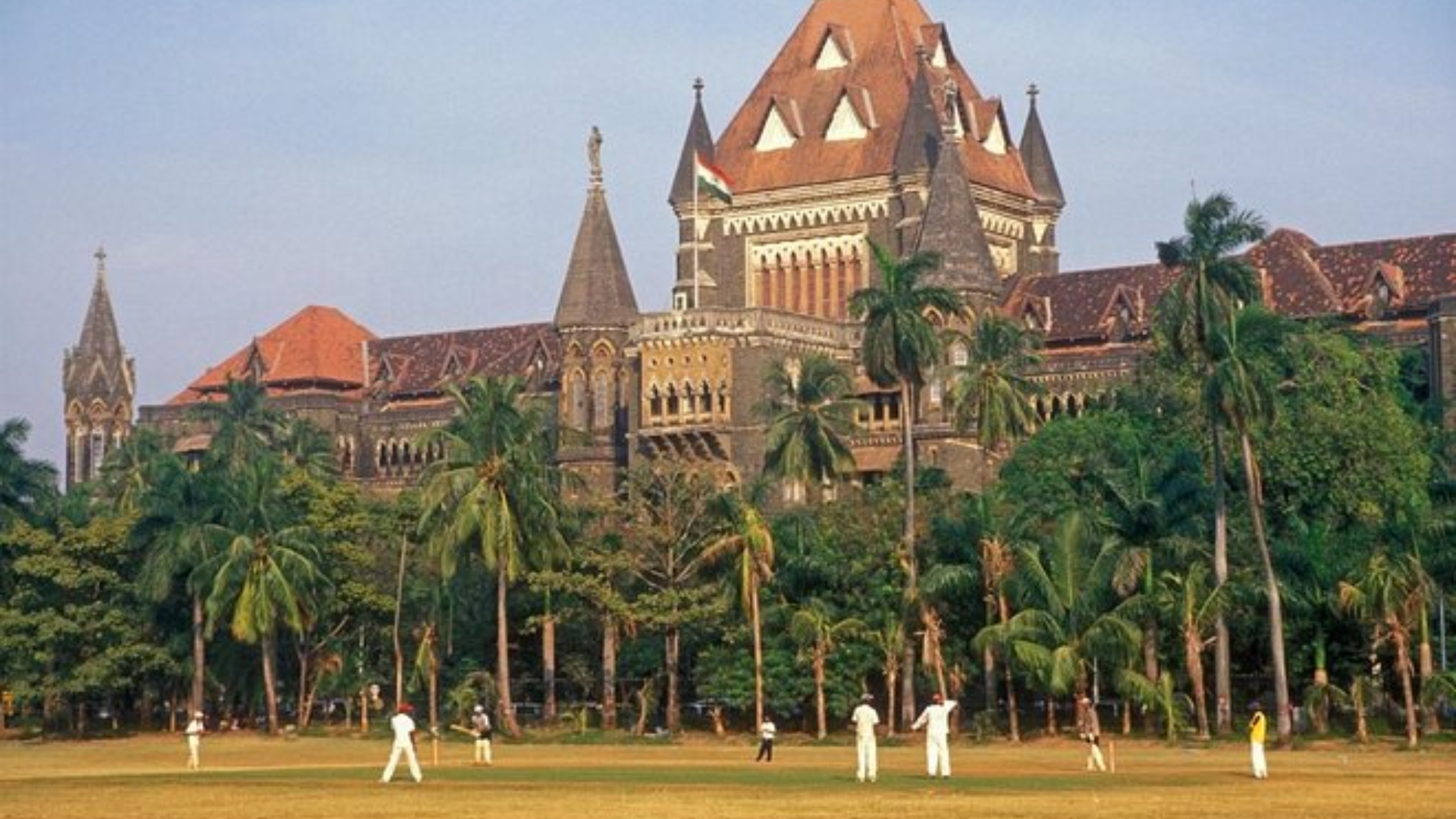

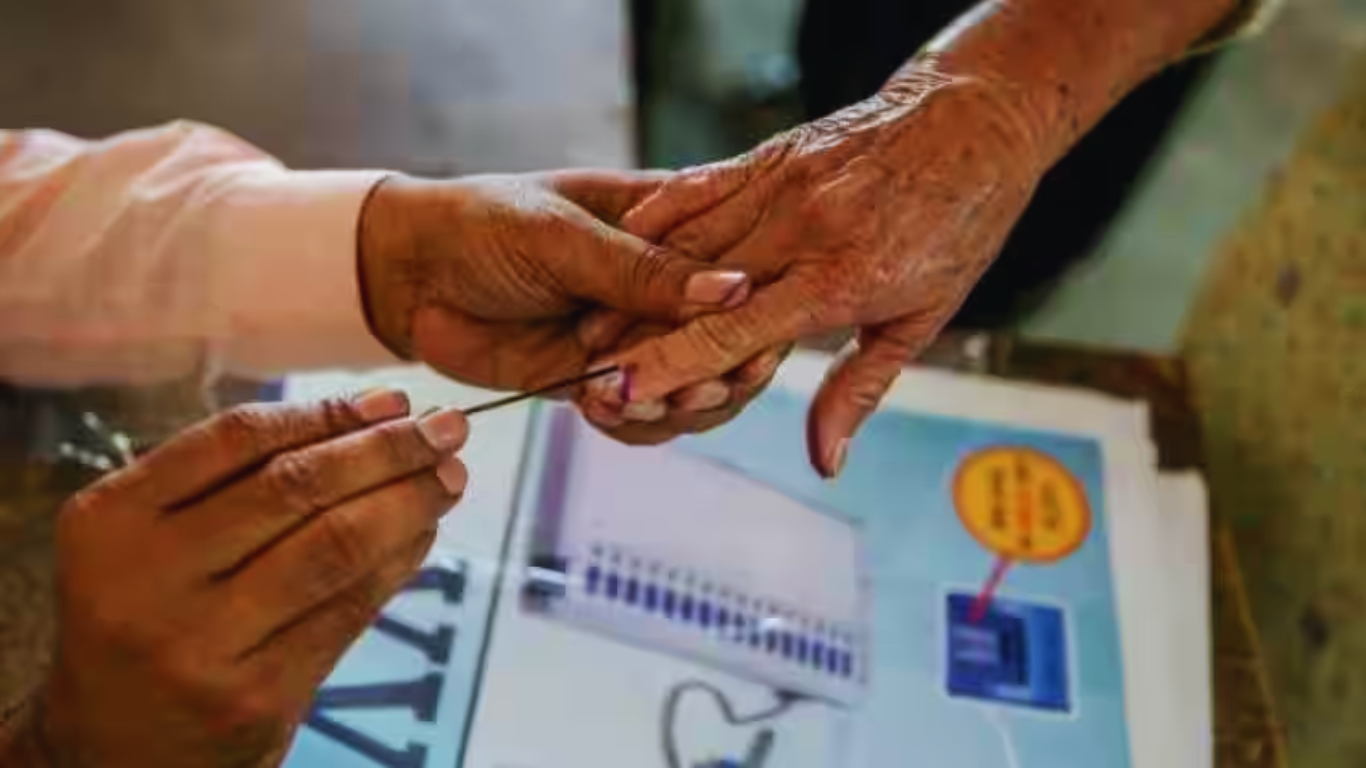
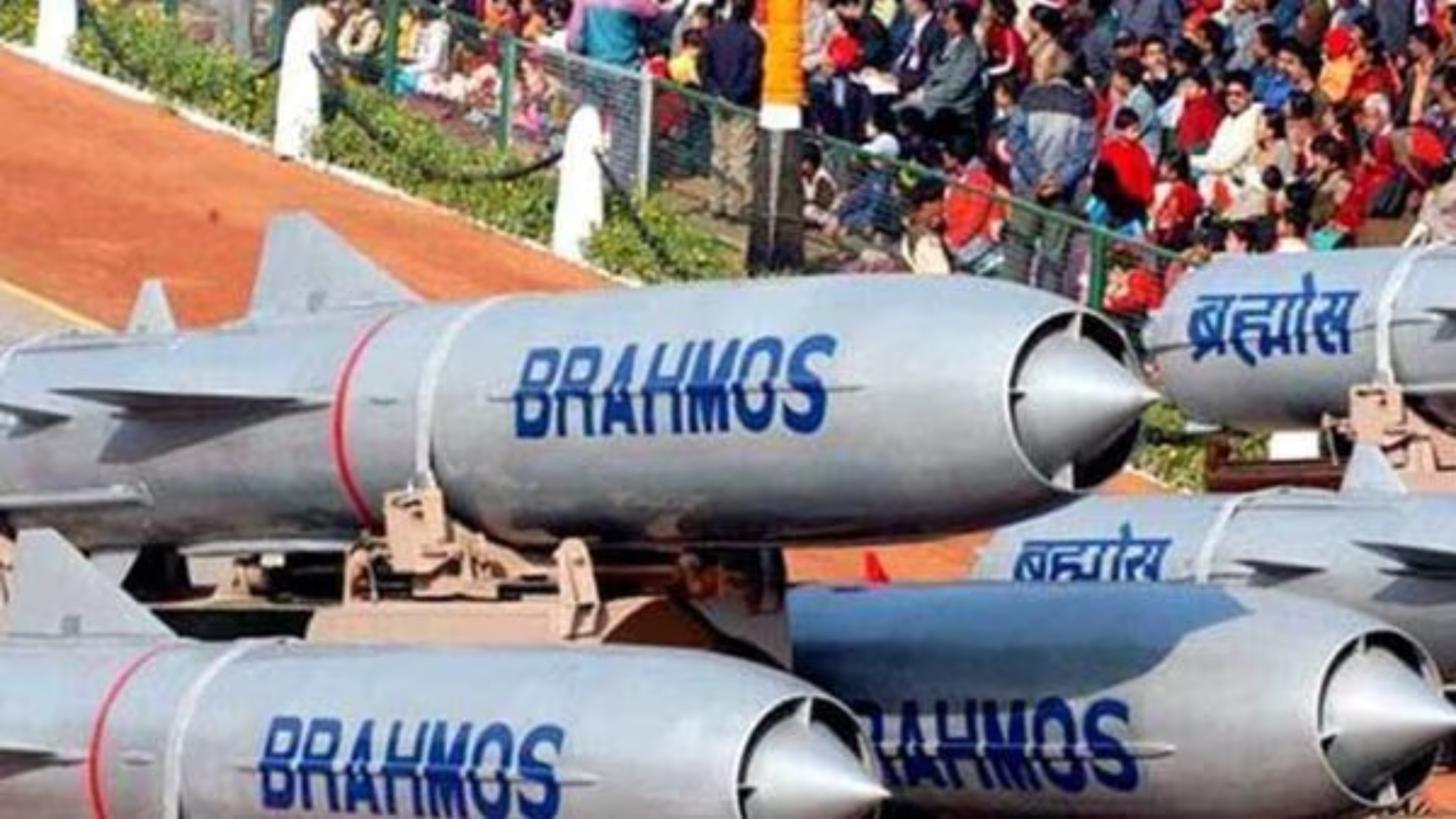

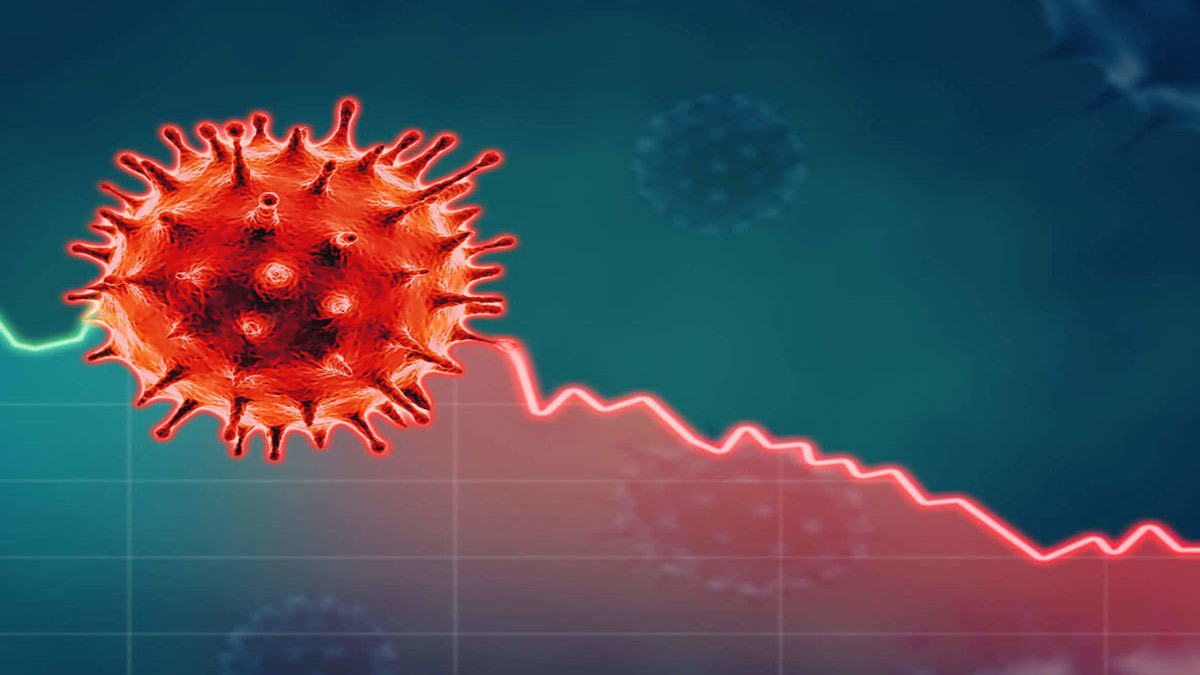
Researchers are starting to recognize the implications of the new coronavirus variation’s mutations, which vastly outnumbers any prior variety in less than three weeks around the world after experts in South Africa and Botswana first alerted the world about its existence.
According to the World Health Organization, the Omicron version of the coronavirus has been found in 89 countries, and COVID-19 cases including the variant are doubling every 1.5 to 3 days in regions with community transmission, not simply illnesses acquired overseas. On Sunday, the UK reported 82,886 new Covid-19 cases, with 45 fatalities occurring within 28 days of a positive test. Meanwhile, the US Centers for Disease Control and Prevention (CDC) has endorsed “test-to-stay” techniques that prevent sending unvaccinated children home from school. As part of Europe’s effort to combat Omicron, France is limiting New Year’s Eve gatherings. In reaction to the spread of the variation, the US, Japan, Israel, and a number of other nations have imposed international travel restrictions, while the WHO has warned against such restrictions.
The booster shot rollout, as well as the concept of providing additional doses to otherwise healthy individuals, has sparked debate. People are concerned about the omicron variety spreading quickly, and they want to know if vaccination or past infection will protect them from becoming infected or having serious sickness. A booster dosage against Covid-19, according to experts, increases the quantity of circulating antibodies and has been found to provide protection from symptomatic infection with Omicron. People who have received two doses of Pfizer’s vaccine are susceptible to omicron infection, but a third injection enhances antibody activity against the virus, according to Pfizer. This was determined by laboratory tests utilizing the blood of vaccination recipients.
On the other hand, according to leading infectious disease specialist Anthony Fauci, coronavirus booster doses from Moderna and Pfizer are predicted to provide sufficient protection against omicron at this time, thus a variant-specific vaccine is not required.
In the matter, last Friday, the United Kingdom’s Health Security Agency released a report reporting preliminary findings from a real-world trial that found a two-dose course of Covid vaccines was much less effective against the omicron variety than the delta strain. However, research discovered that “in the early period following a booster dosage, moderate to high vaccination efficacy of 70 to 75 percent is seen.”


